

Navigating the intricacies of securing a tourist or visit visa for the UAE can be challenging. Travel experts have identified frequent pitfalls that applicants should steer clear of to enhance their chances of a successful application. According to a comprehensive report by Gulf News, several key factors can make or break your visa application.

Sapna Aidasani, Marketing Director at Pluto Travels, highlights that one of the most prevalent errors is neglecting to provide complete parental information when applying for a minor's visa, typically for applicants under 18. "It is essential to include full details for both parents along with written consent," Aidasani explained.
"Visa applications lacking this critical information often face rejection from immigration authorities." Additionally, parents are advised to include copies of their passports and marriage certificates to further support the application.
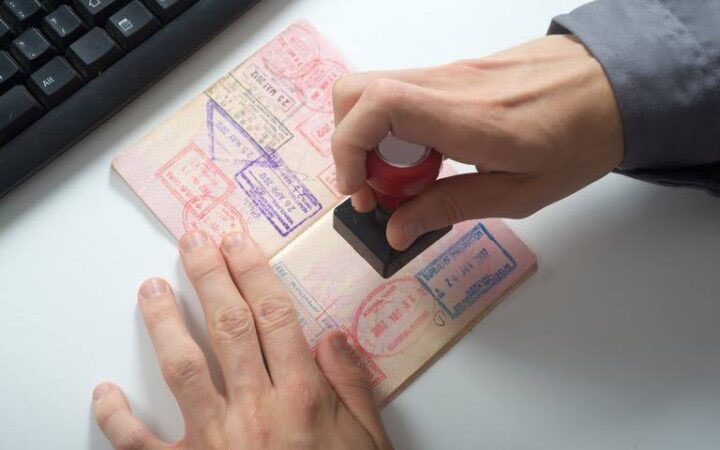
Another significant mistake is submitting multiple visa applications for the same individual. Aidasani urges applicants to check for any pending applications before initiating a new one, as duplication can lead to complications and rejections. If an applicant has an existing visa application in process, they should wait for a decision before submitting another request.
Husham Kattingeri, Outbound Travel Supervisor at Regal Tours Worldwide, advises potential visitors to wait at least a month after exiting the UAE before applying for a new visit visa. "Reapplying immediately after departure can lead to unnecessary issues," he noted, recommending a minimum one-month gap for a smoother re-entry process. This waiting period helps to avoid the perception of visa abuse or overstaying.

To facilitate a successful application, travelers must adhere to the following updated requirements:
Confirmed Return Tickets
A return or onward travel ticket is mandatory to assure immigration authorities of the applicant's intention to leave the UAE before the visa expires. It is advisable to book flexible tickets in case travel plans change.
Proof of Accommodation
Applicants must provide evidence of accommodation, such as a hotel booking, a tenancy agreement, or the address of a host residing in the UAE. If staying with friends or family, a letter of invitation from the host can also be beneficial.
Financial Proof
Travelers might need to demonstrate their financial capacity through bank statements or by carrying sufficient cash, typically between Dh2,500 to Dh3,000. Aidasani further suggests that Indian nationals should maintain a bank balance of at least INR 50,000 (approximately Dh2,175). Additionally, travelers can provide proof of employment or sponsorship letters from employers to bolster their financial credibility.
Printed Documentation
Kattingeri emphasizes the importance of carrying printed copies of crucial documents, including return flight tickets, accommodation details, and proof of funds, to substantiate the applicant's status as a genuine visitor. This can also include travel insurance documents, which may be required by some airlines or hotels.
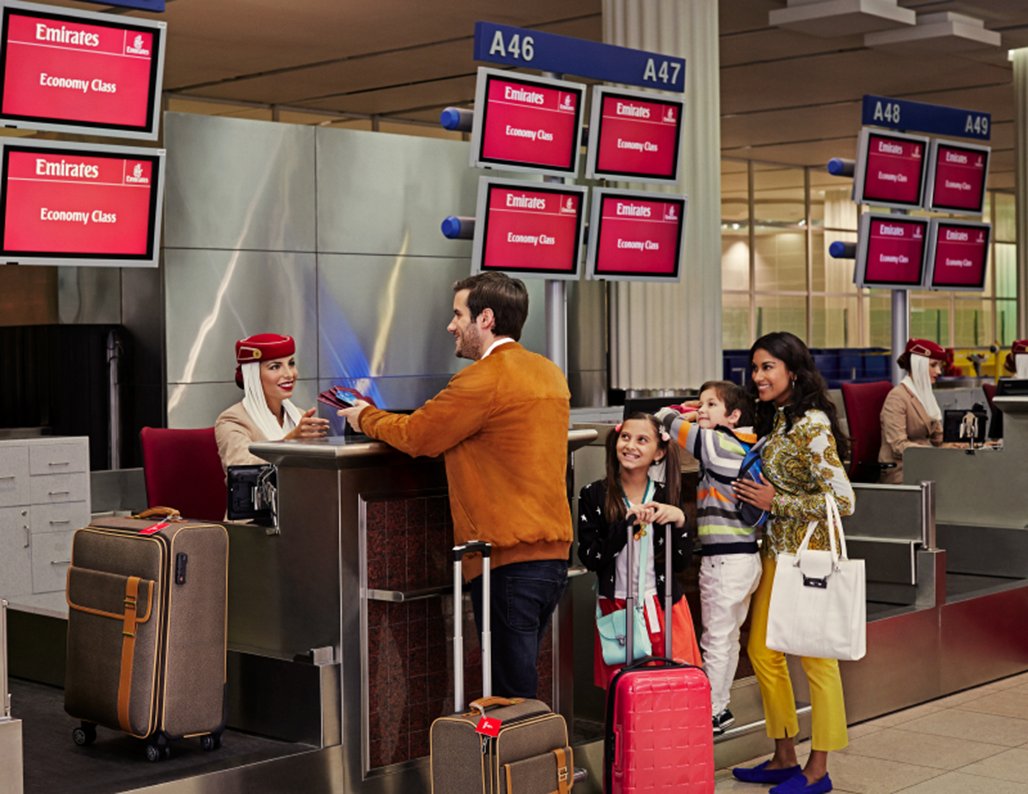
Rikin Sheth, Assistant Vice President at Musafir.com, stresses that incomplete or unclear documentation is a frequent cause of visa refusals. He advises applicants to meticulously review their documents for accuracy and completeness before submission. "Even minor discrepancies can lead to significant delays or rejections," he warned.
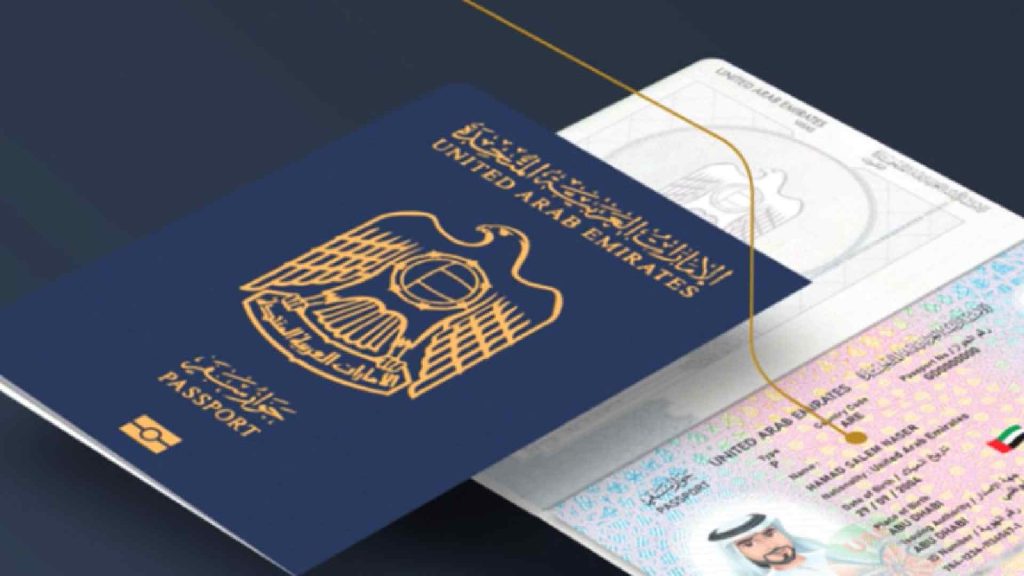
Typical visa prerequisites include a valid passport (with at least six months' validity), a passport-sized photo, a confirmed travel itinerary, and financial proof if requested. Additionally, applicants should be aware of any specific requirements related to their nationality, as different countries may have unique stipulations.

Moreover, applicants who have previously entered the UAE on a 30-day tourist visa must wait at least 30 days before applying for another one, as immigration authorities are increasingly vigilant about consecutive tourist visa entries. It's also vital to be aware of the visa validity period and ensure compliance with all entry regulations.
Use a Reliable Visa Service
Consider using established visa processing services that can guide you through the application process, ensuring that all documentation is complete and correct.
Plan Ahead
Start the visa application process well in advance of your intended travel dates. This allows time for unexpected delays or additional requirements that may arise.
Stay Updated on Regulations
Visa regulations can change frequently. Regularly check the official UAE government websites or consult with travel advisors for the most current information.
Prepare for Interviews
If required, be ready for a visa interview. Practice common questions about your travel plans, financial stability, and reason for visiting the UAE to convey confidence and clarity.
Avoid Last-Minute Changes
Try to finalize your travel plans before applying for the visa. Last-minute changes can complicate your application and may lead to discrepancies.
Keep Copies of Everything
Maintain photocopies or digital backups of all submitted documents and correspondence. This can be helpful if you need to refer back to them later.
By adhering to these guidelines and avoiding common errors, travelers can significantly reduce the risk of visa rejection and ensure a smoother application process for a visit visa to the UAE. Understanding the nuances of the application process not only enhances the likelihood of approval but also sets the stage for a rewarding travel experience in the UAE.

Embarking on a journey to Singapore? Prepare to immerse yourself in a vibrant city where futuristic skyscrapers coexist with rich cultural heritage. Known for its cleanliness, safety, and efficiency, Singapore promises a unique travel experience.
However, before you pack your bags and set off for this pristine paradise, it’s essential to familiarize yourself with the ten fundamental rules that will ensure a smooth and enjoyable experience.

These guidelines not only preserve the city's immaculate charm but also help you dodge hefty fines and misunderstandings, leaving you to focus on capturing those picture-perfect Instagram moments. In Singapore, they don’t just wish you a pleasant day – they guarantee one!

Singapore has stringent smoking regulations that extend to nearly all public areas, including parks, shopping malls, and bus stops. Smokers must seek out designated areas clearly marked with signage before lighting up.
The government enforces substantial fines for violations, sometimes reaching upwards of $1,000 for first offenses, and with patrol officers regularly monitoring these areas, it’s crucial to be aware of where smoking is permitted.
Notably, e-cigarettes and vaping devices are entirely banned in the country, contributing to Singapore’s commitment to public health and cleanliness.

One of Singapore’s most infamous rules is the prohibition of chewing gum. Importing or selling gum is illegal unless it is prescribed for medical purposes, such as therapeutic dental gum. This regulation was instituted to prevent vandalism and maintenance issues, particularly with the MRT train doors, which were previously damaged by gum.
Customs officials actively monitor for gum at entry points, so it’s best to leave all gum products at home to avoid complications during immigration. This unique law underscores Singapore's dedication to maintaining public cleanliness and order.

The city’s commitment to cleanliness is evident in its strict anti-littering laws. Even minor infractions, like discarding a cigarette butt or candy wrapper, can lead to hefty fines—first-time offenders may face penalties up to $2,000, while repeat offenders could be assigned community service. Those performing corrective work must wear bright vests publicly identifying their offense, which serves as a visible reminder of the importance of maintaining cleanliness.
With conveniently placed trash bins throughout the city, proper disposal is easy and encouraged. This dedication to cleanliness is a core value in Singaporean society, reflecting a collective responsibility for public spaces.
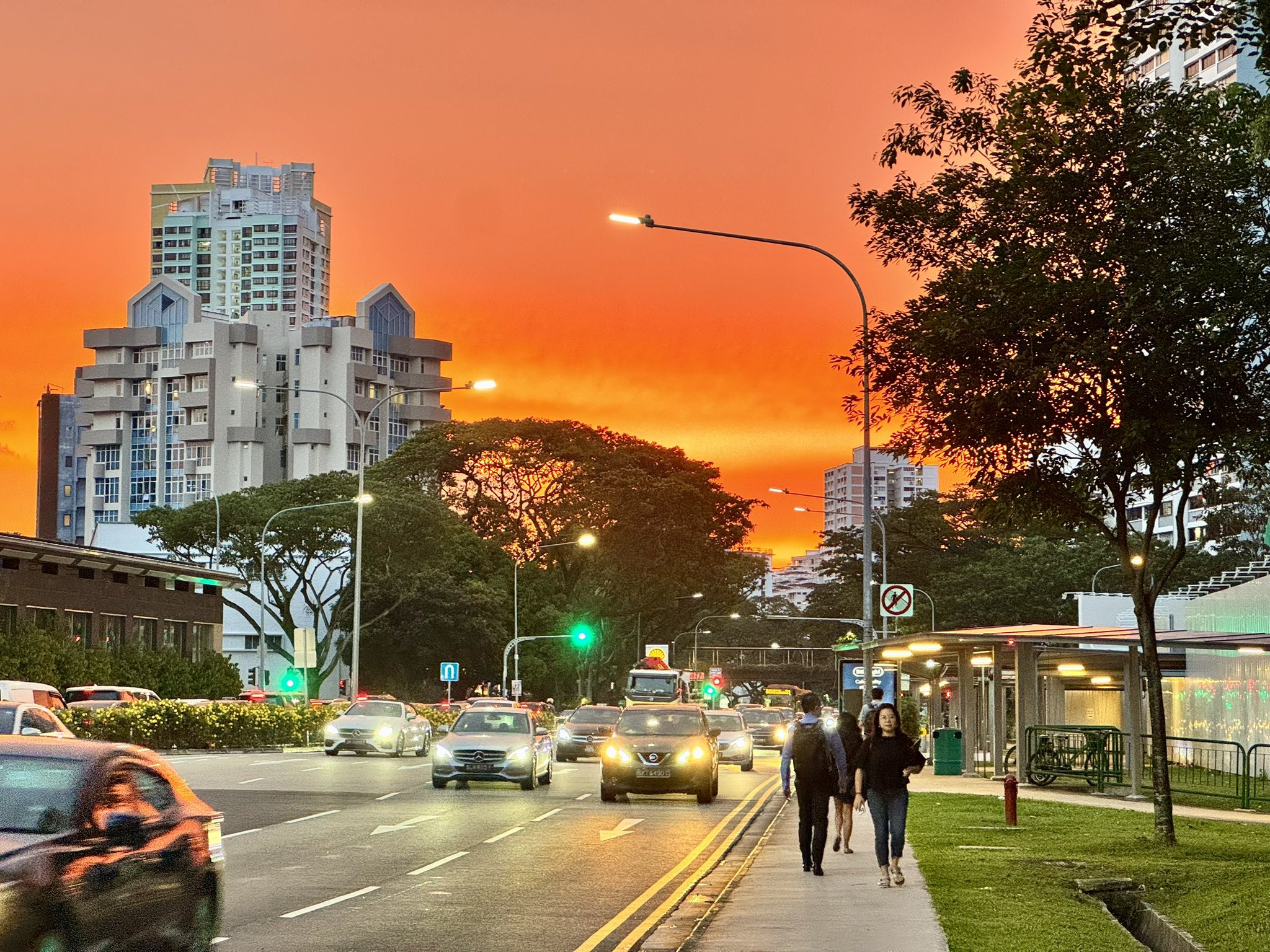
Singapore is known for its zero-tolerance approach to drugs, enforcing some of the strictest anti-drug laws globally. Trafficking certain quantities of illegal substances can lead to the death penalty, while even possession of small amounts carries severe penalties, including long prison sentences. Authorities can prosecute individuals based on drug traces found in their systems, regardless of where the consumption occurred.
For travelers, it’s crucial to be aware that prescription medications should be accompanied by appropriate documentation from your doctor. Random drug tests at entry points further highlight the government’s commitment to combating drug use.

Orderly queuing is a hallmark of Singaporean social behavior. Whether at bus stops, hawker centres, or taxi lines, everyone adheres to the principle of waiting their turn. Queue-jumping is not only frowned upon but can provoke public disapproval or confrontation. During peak times, attendants often manage queues at popular locations, reinforcing the importance of patience and respect in public spaces. This cultural norm reflects Singapore’s broader emphasis on social order and mutual respect, making it essential for visitors to embrace this practice.

Eating and drinking are strictly prohibited on Singapore’s Mass Rapid Transit (MRT) system, including all stations and trains. Violators face fines up to $500, as authorities utilize surveillance cameras and plain-cloaked officers to enforce this rule. To maintain the cleanliness of public transport, be sure to finish all food and drinks before entering. Additionally, it is essential to give up your seat to elderly or disabled passengers, reflecting the city’s commitment to respect and consideration for all.
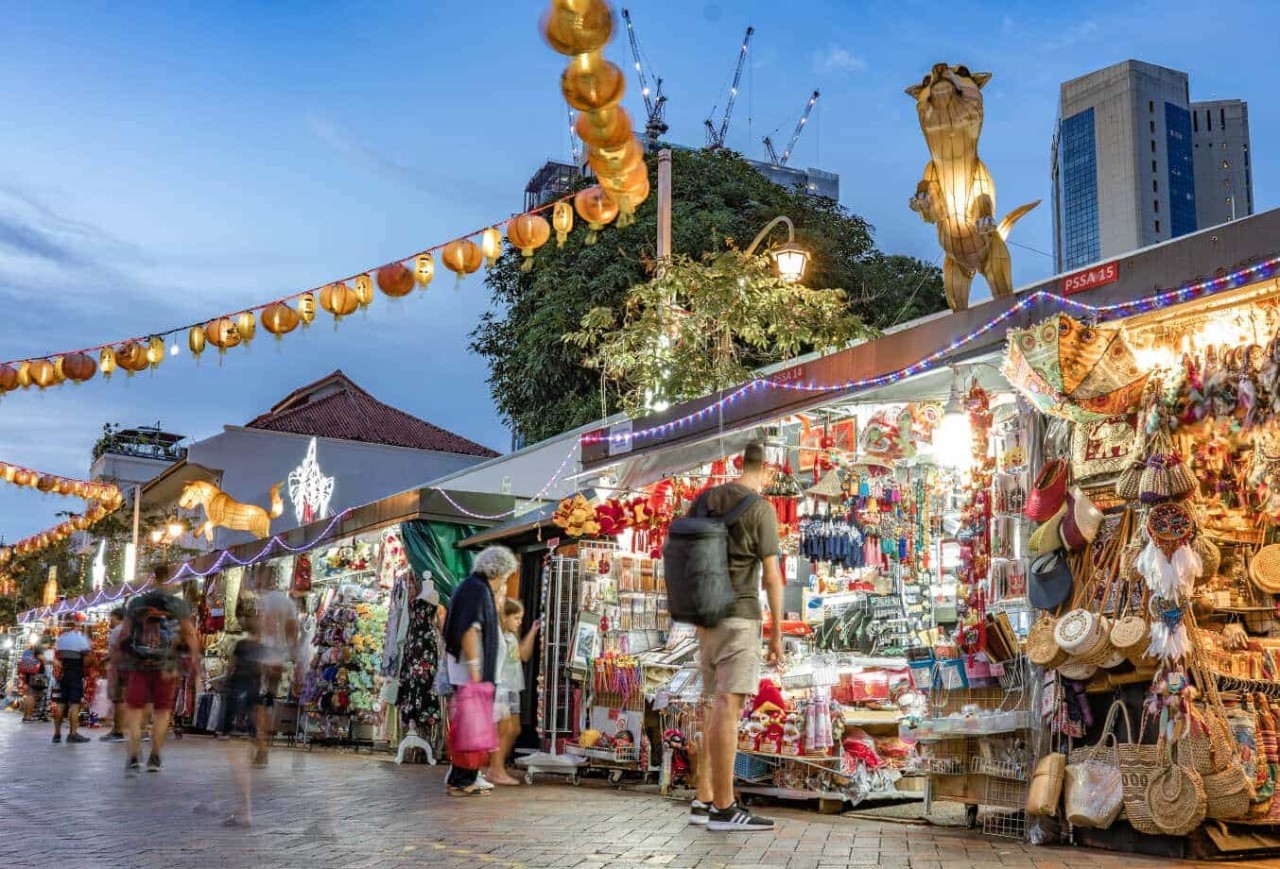
Jaywalking laws are actively enforced in Singapore; pedestrians must use designated crossings at all times. Police officers issue on-the-spot tickets for violations, with fines increasing for repeat offenders. The city is equipped with pedestrian bridges, underpasses, and controlled crossings, ensuring safe passage for pedestrians.
Traffic signals often feature countdown timers to indicate the remaining crossing time, contributing to Singapore’s low pedestrian accident rate despite its bustling streets. Visitors should remain vigilant and always adhere to traffic rules to ensure their safety.

In contrast to many tourist destinations, tipping is not a common practice in Singapore. Most establishments include a 10% service charge in bills, which means additional gratuities are unnecessary. Leaving extra money may cause confusion or even offense, as service staff do not expect tips. This transparent pricing system simplifies dining and service experiences for visitors, allowing you to enjoy meals without worrying about calculating gratuities.
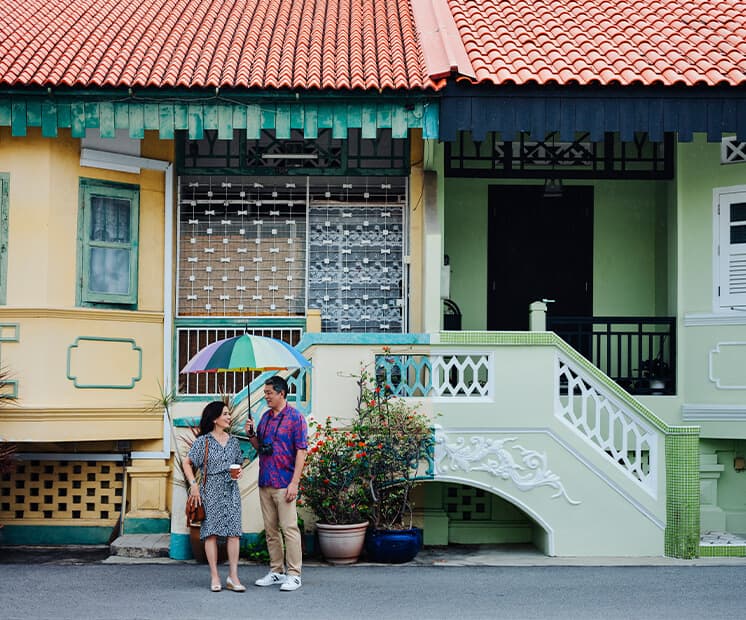
Although Singapore is a modern city, traditional values still influence acceptable public behavior. Holding hands is widely accepted, but more intimate displays of affection, such as kissing or hugging, may attract disapproval, particularly in conservative areas. Visitors should remain mindful of their surroundings and local sensibilities, especially in areas with a strong cultural or religious presence. This guideline reflects Singapore’s unique blend of contemporary lifestyle and traditional Asian values.

Singapore’s rich tapestry of religious diversity necessitates respectful behavior in places of worship. Modest attire covering shoulders and knees is required in mosques, temples, and churches, with many sites providing sarongs or coverings for those who may be underdressed. Visitors should also adhere to guidelines regarding photography and maintain silence within sacred spaces.
Being respectful of local customs and traditions not only enriches your experience but also acknowledges Singapore’s multicultural heritage and the importance of religious harmony in the nation.
While Singapore’s rules may seem strict compared to other vacation spots, they contribute to the city’s renowned cleanliness, efficiency, and safety. By following these ten essential commandments, you can avoid unexpected fines and fully enjoy your trip. After all, you don’t want to explain to friends back home how you spent your souvenir budget on a littering fine! So, keep your gum at home, smoke only in designated areas, and embrace the orderly charm of this remarkable city.
By respecting local customs and regulations, you’ll not only have a memorable vacation but also leave with a deeper appreciation for Singapore’s unique culture and values.
.jpg)
Traveling through Dubai International Airport involves specific customs regulations that travelers must understand to avoid complications. As a major international hub, Dubai has strict rules regarding the declaration of cash and valuables.

This guide outlines the requirements for declaring amounts exceeding Dh60,000, details on duty-free allowances, and exemptions from customs duties. Familiarizing yourself with these regulations can help ensure a smooth journey through the airport.
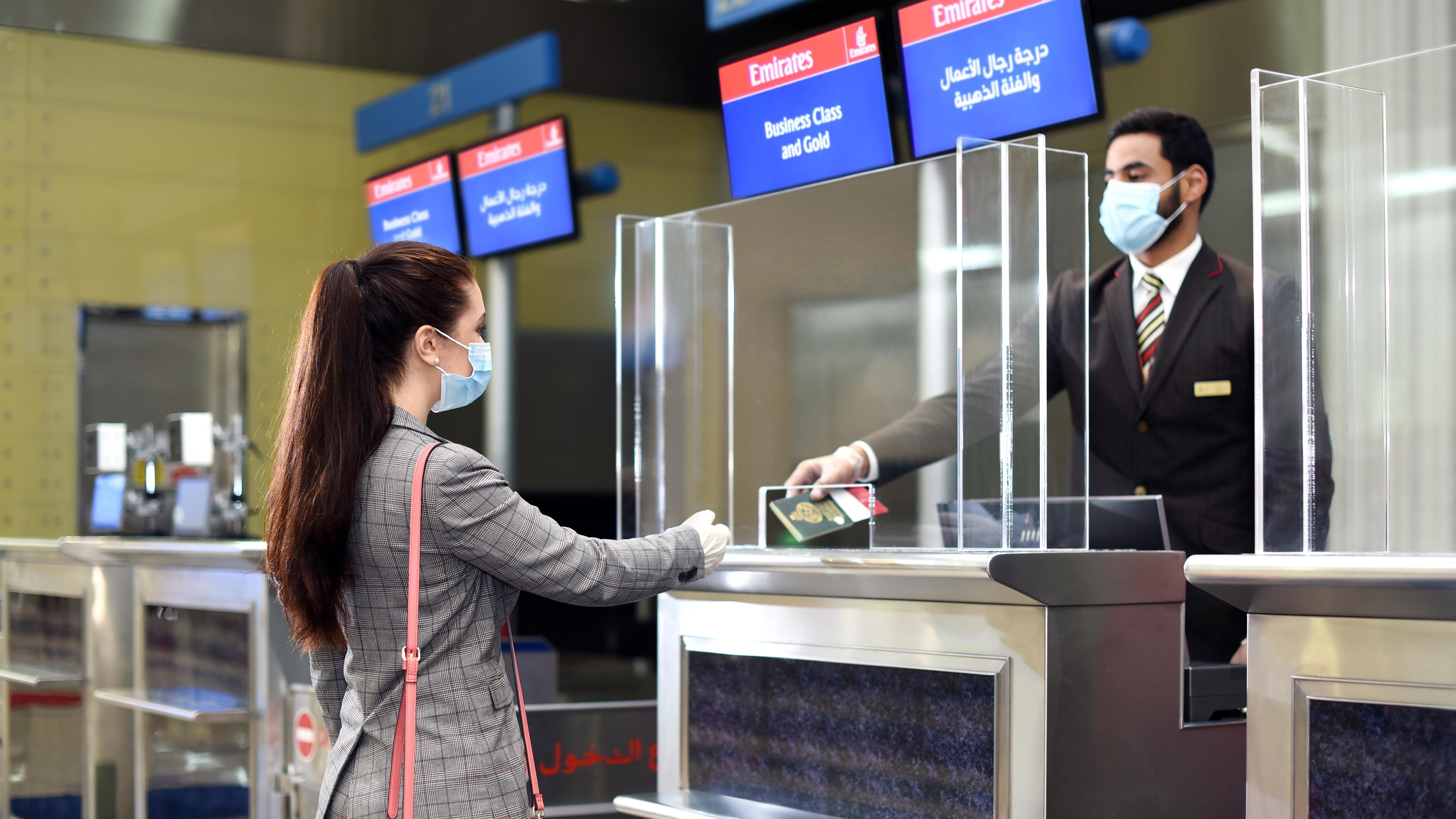
Declarations can be made through official channels, such as the ICP website, the Afseh app, or the iDeclare mobile app, which streamlines the process for travelers.
For passengers under 18, any cash or valuables are counted towards the accompanying adult’s limit.
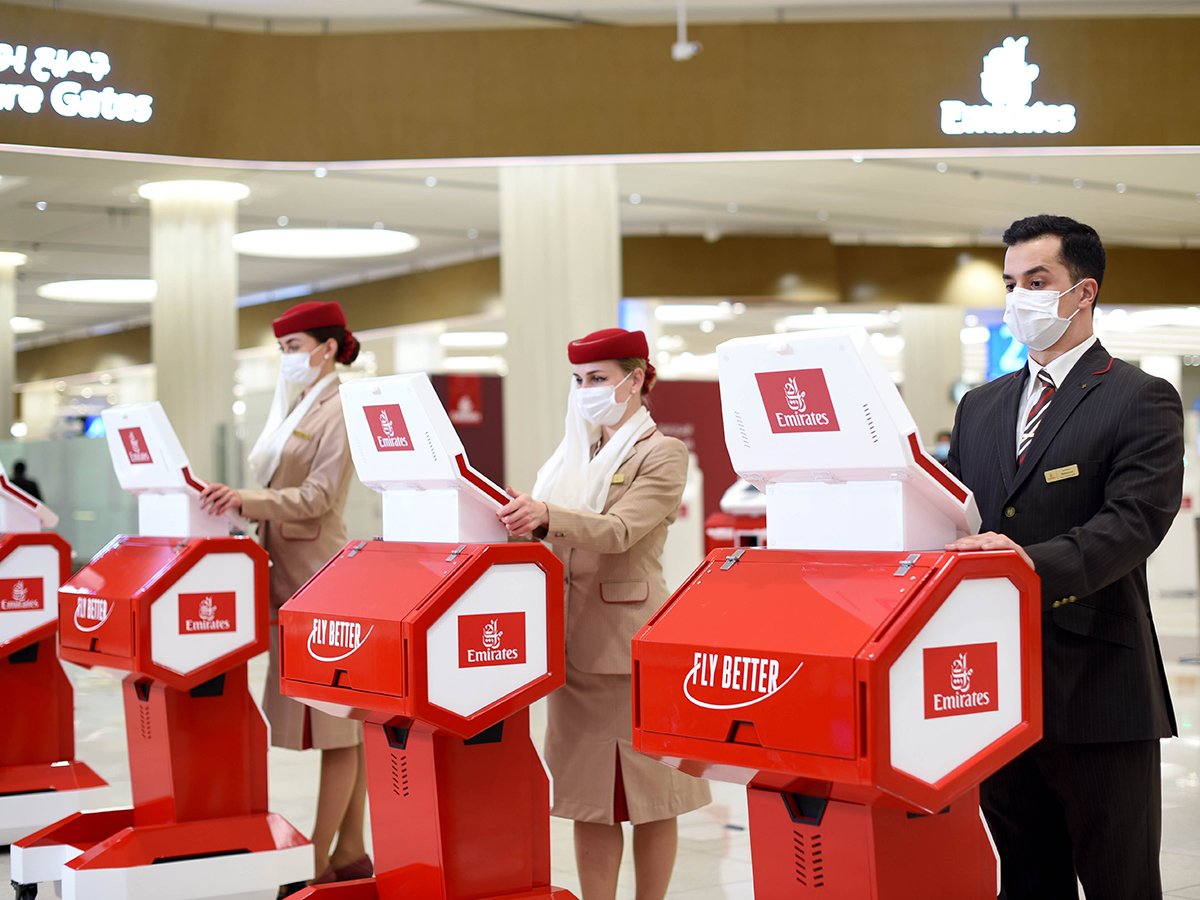
Travelers are permitted to bring in certain items without paying customs duties, provided these are for personal use and not in commercial quantities:
| Item Category | Allowance Limit | Notes |
|---|---|---|
| Gifts | Up to AED 3,000 in value | Must be personal, not for resale or commercial use |
| Tobacco Products | 400 cigarettes, 50 cigars, or 500g tobacco | Exceeding limits is dutiable; not allowed for those under 18 |
| Alcoholic Beverages | Up to 4 litres or 2 cartons of beer (24 cans each, 355ml/can) | Not allowed for those under 18; excess will be confiscated |
| Electronic Smoking Devices | For personal use only | Includes e-cigarettes, e-hookahs; subject to inspector’s discretion |
| Personal Belongings | Clothes, toiletries, jewellery, cameras, electronics, etc. | Must be in reasonable quantities for personal use |
| Commercial Samples | Up to AED 5,000 in value | Applies to samples imported into GCC countries |

The passenger should not be a frequent traveler carrying the same items regularly, nor a crew member or airport staff.
Passengers under 18 years cannot bring in tobacco or alcohol duty-free.
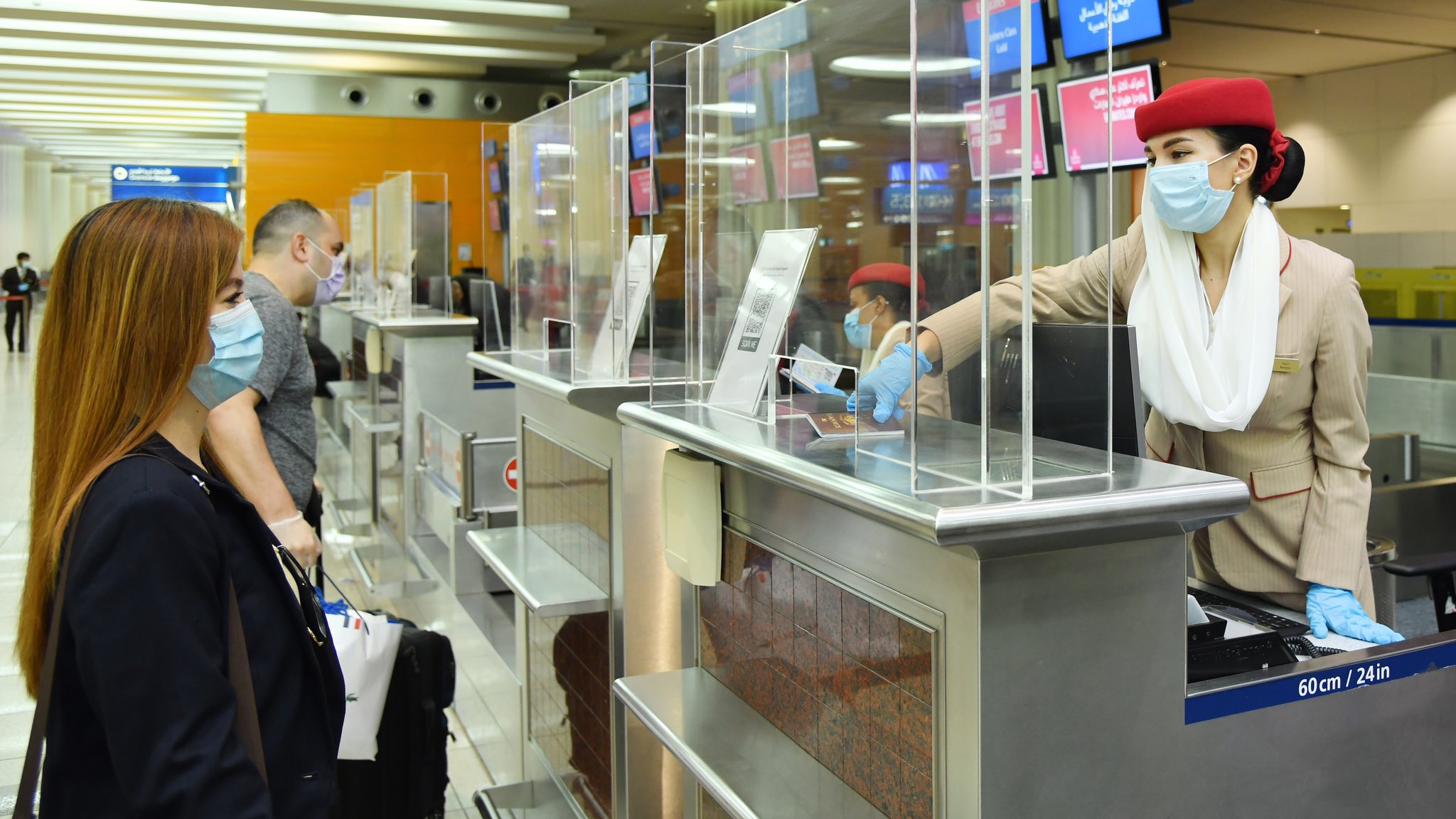
Alcohol: 50% duty.
Cigarettes: 100% duty.
VAT may also apply to excess or commercial quantities.
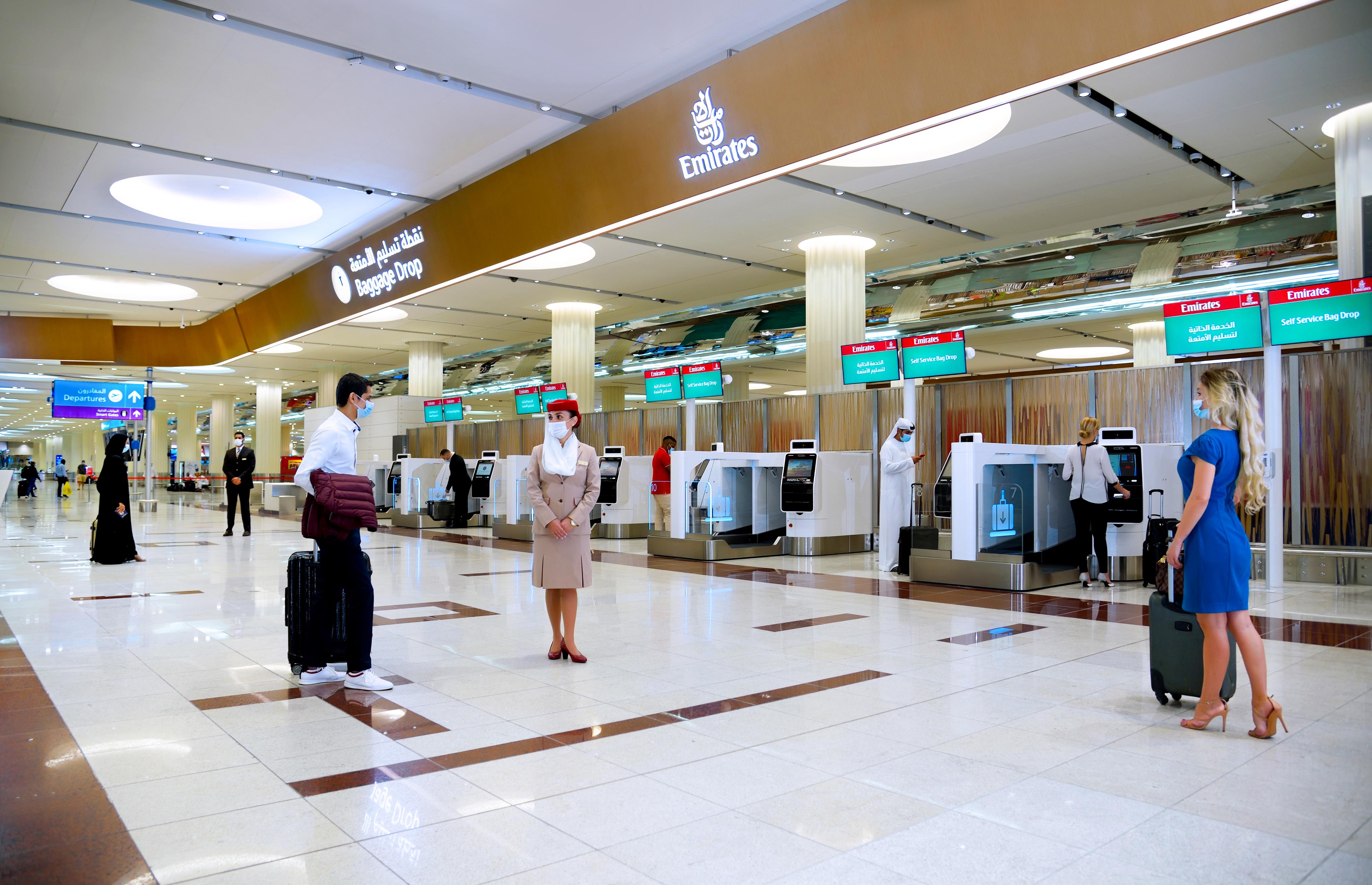
Dubai has strict rules regarding what can and cannot be brought into the country. Some items require special permits, while others are strictly prohibited.
| Item Type | Controlling Authority |
|---|---|
| Live animals, plants, fertilizers, pesticides | Ministry of Climate Change and Environment |
| Weapons, ammunition, explosives, fireworks | Ministry of Defence, Ministry of Interior |
| Medicines, drugs, medical equipment | Ministry of Health and Prevention |
| Media publications and products | Ministry of Culture and Youth |
| Nuclear energy products | Federal Authority for Nuclear Regulation |
| Transmission/wireless devices | Telecommunications and Digital Government Regulatory Authority |
| Alcoholic drinks | Ministry of Interior/Dubai Police |
| Cosmetics, e-cigarettes, personal care items | Ministry of Industry and Advanced Technology |
| New vehicle tyres | Relevant authorities |
Narcotics, controlled drugs, and certain medicines without proper documentation
Explosives, fireworks, and ammunition
Personal motorised vehicles such as hoverboards and Segways
Drones (without permit)
Counterfeit money and goods
Gambling tools and equipment
Food prepared or cooked at home
Items offensive to Islamic beliefs, such as certain publications or artworks
Crude ivory, rhinoceros horns, and nuclear/radioactive materials
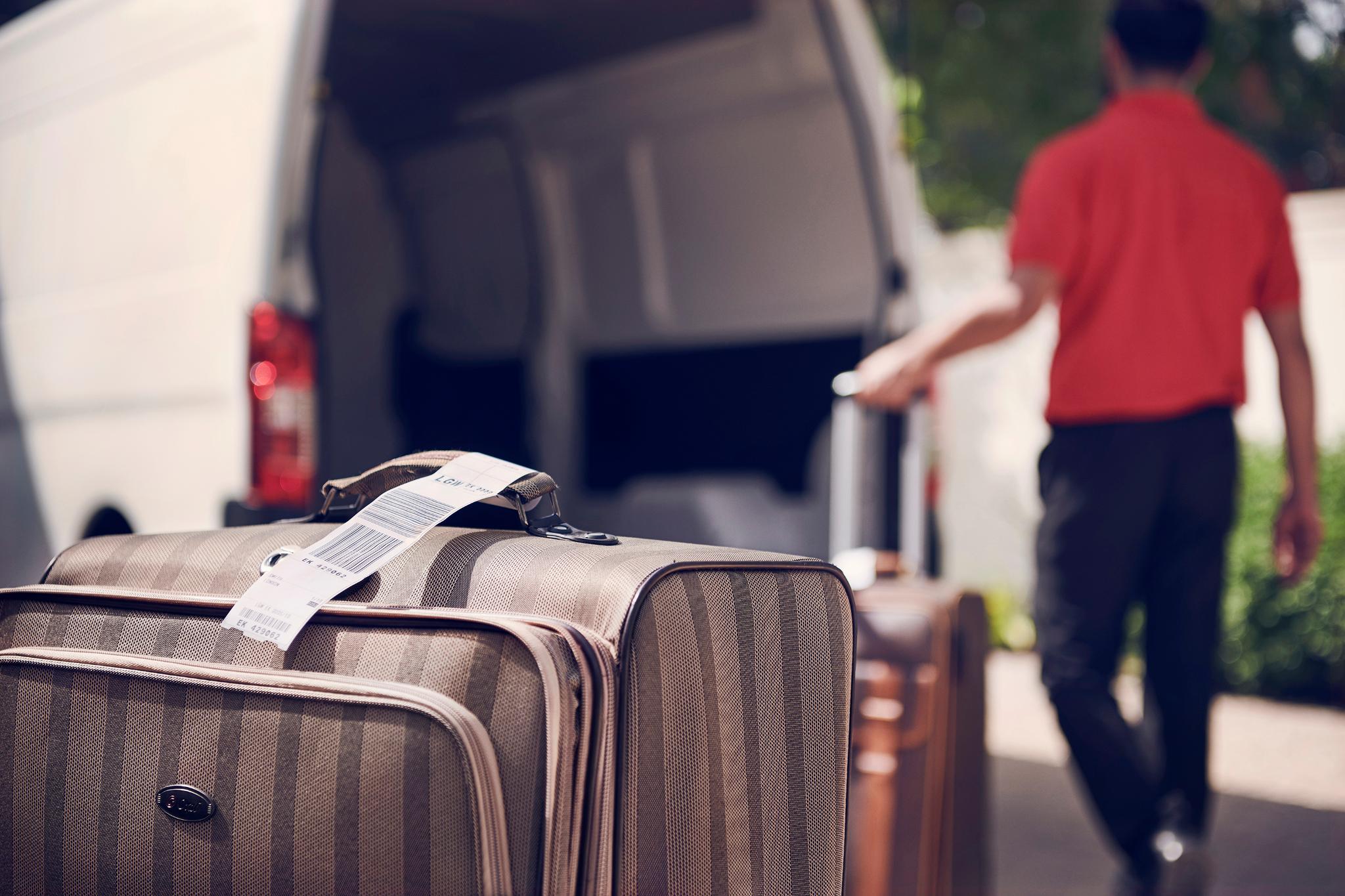
Flammable liquids, chemicals, and compressed gas cylinders
Lithium batteries and more than one lighter
Certain electronics and communication devices (may require permits)
Individual containers must not exceed 100ml each
Total volume of all liquids in hand luggage must not exceed 1 litre
Exceptions: medication, baby milk, and special dietary requirements
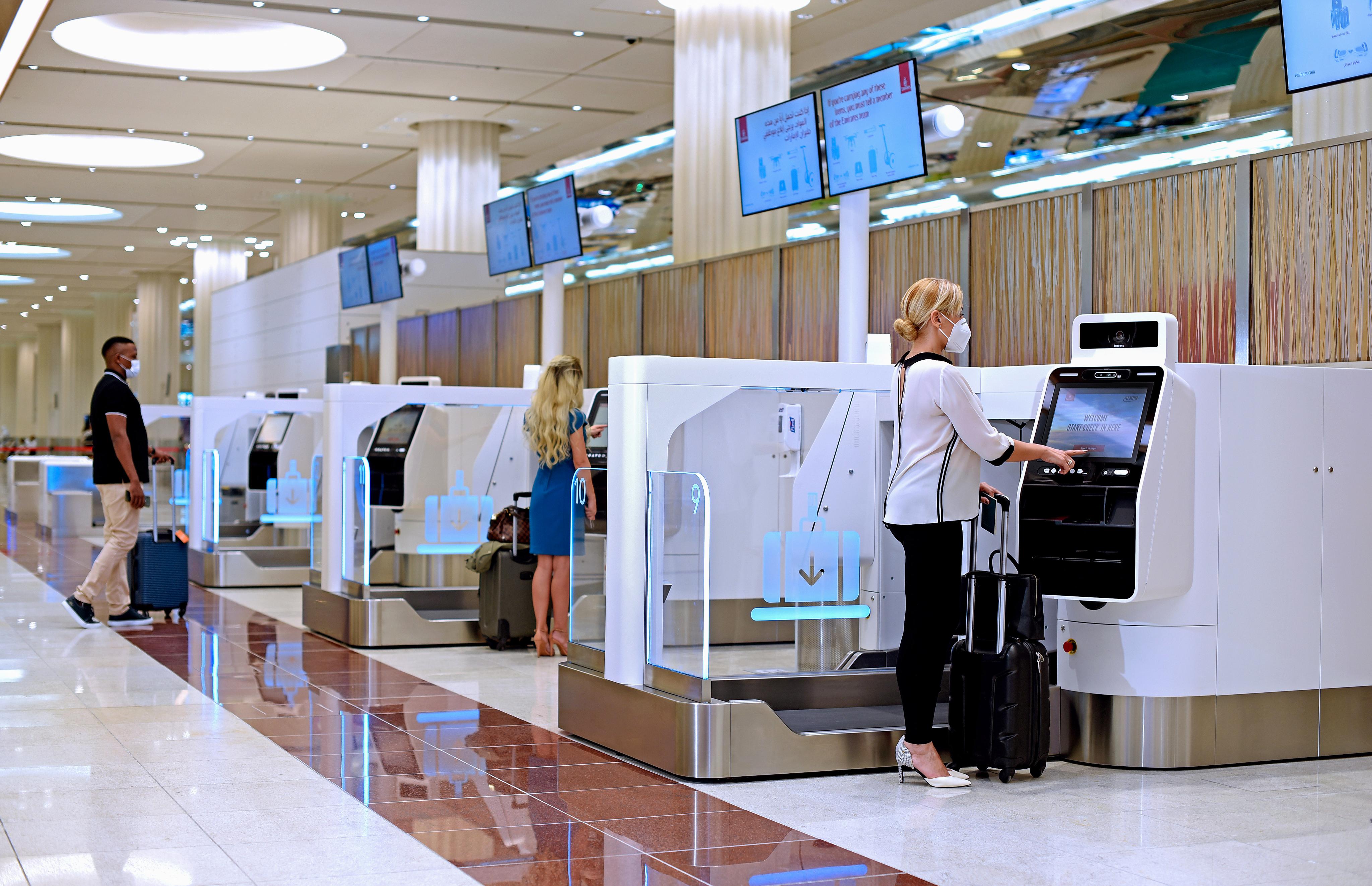
Customs officers may inspect your baggage, collect duties on excess items, or confiscate prohibited goods.
Failure to declare required items can result in delays, fines, or legal action.

Use the iDeclare app or official portals to pre-declare valuables and avoid delays.
Check the latest updates on banned and restricted items before travel, as regulations can change.
Always keep receipts and documentation for high-value items, medicines, or items requiring permits.
Understanding these customs regulations is essential for a hassle-free experience at Dubai International Airport. By declaring the required amounts and adhering to the duty-free limits, travelers can navigate customs smoothly and enjoy their time in the UAE without unnecessary complications. Whether you’re bringing gifts, tobacco, or cash, being informed will help you avoid potential pitfalls and ensure compliance with local laws.

If you’re planning a journey to Thailand, there’s an important update you need to know. Beginning May 1, 2025, all international travelers will be required to fill out the new Thailand Digital Arrival Card (TDAC) before entering the country.
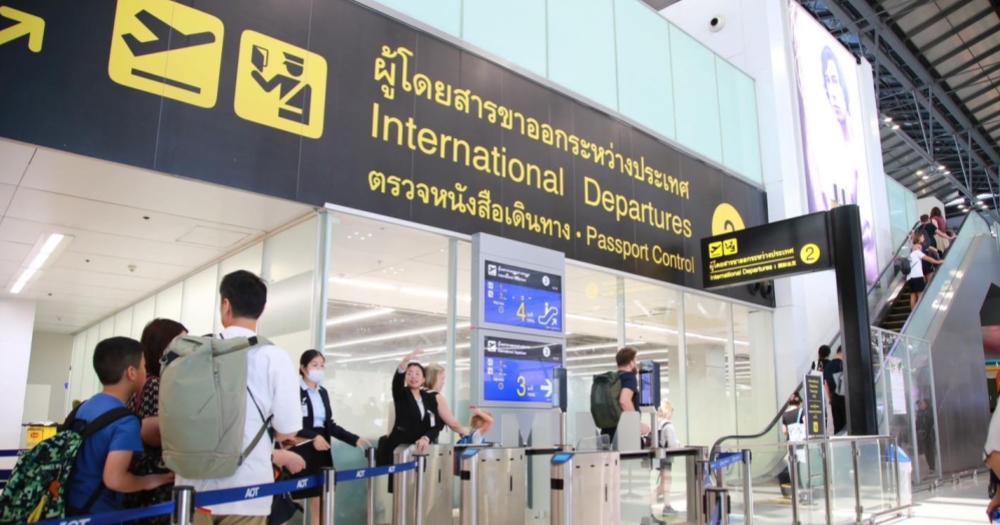
This new system is designed to simplify the immigration process, making your arrival quicker and more efficient. Here’s an in-depth look at everything you need to know about this requirement, including who must fill it out, how to apply, and tips for a smooth entry.
The Thailand Digital Arrival Card is an online immigration form that travelers must complete prior to entering Thailand. This digital upgrade replaces the traditional paper arrival card, allowing for expedited processing at immigration checkpoints across the country. By submitting your details online, you contribute to a more efficient entry experience and help reduce paper use.
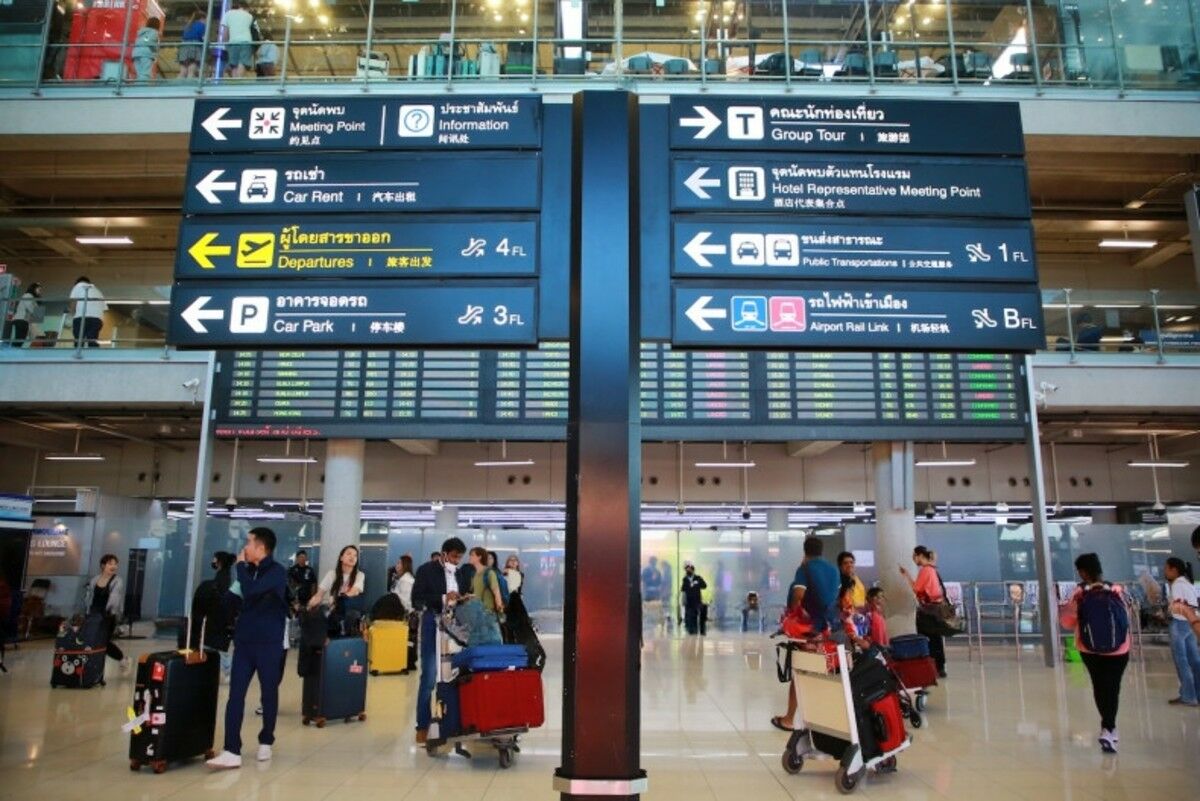
The TDAC is mandatory for all foreign visitors arriving in Thailand by air. This includes:
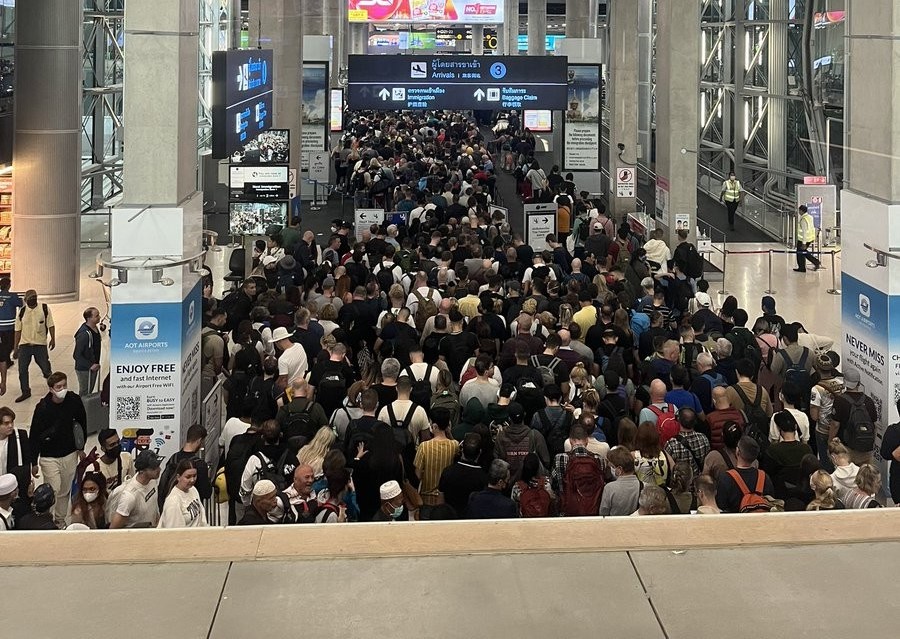
You can fill out the TDAC form up to three days prior to your arrival in Thailand. For example, if your flight lands on May 1, 2025, you can complete the TDAC on April 29, April 30, or May 1. It’s advisable to complete the form as early as possible to avoid any last-minute stress or technical issues.
Applying for the TDAC is a simple process. Follow these steps to ensure you complete your application correctly:
Access the Official Website: Navigate to [Click here] to fill out the application form. It’s crucial to use the official website to avoid scams or misinformation.
Information Required: Prepare to provide the following details:
Make sure to review all entered information for accuracy before submitting.
Confirmation of Submission: After successfully submitting your TDAC, you will receive a confirmation. While it is recommended to keep a digital or printed copy, the requirement for showing this confirmation at immigration is not explicitly stated.
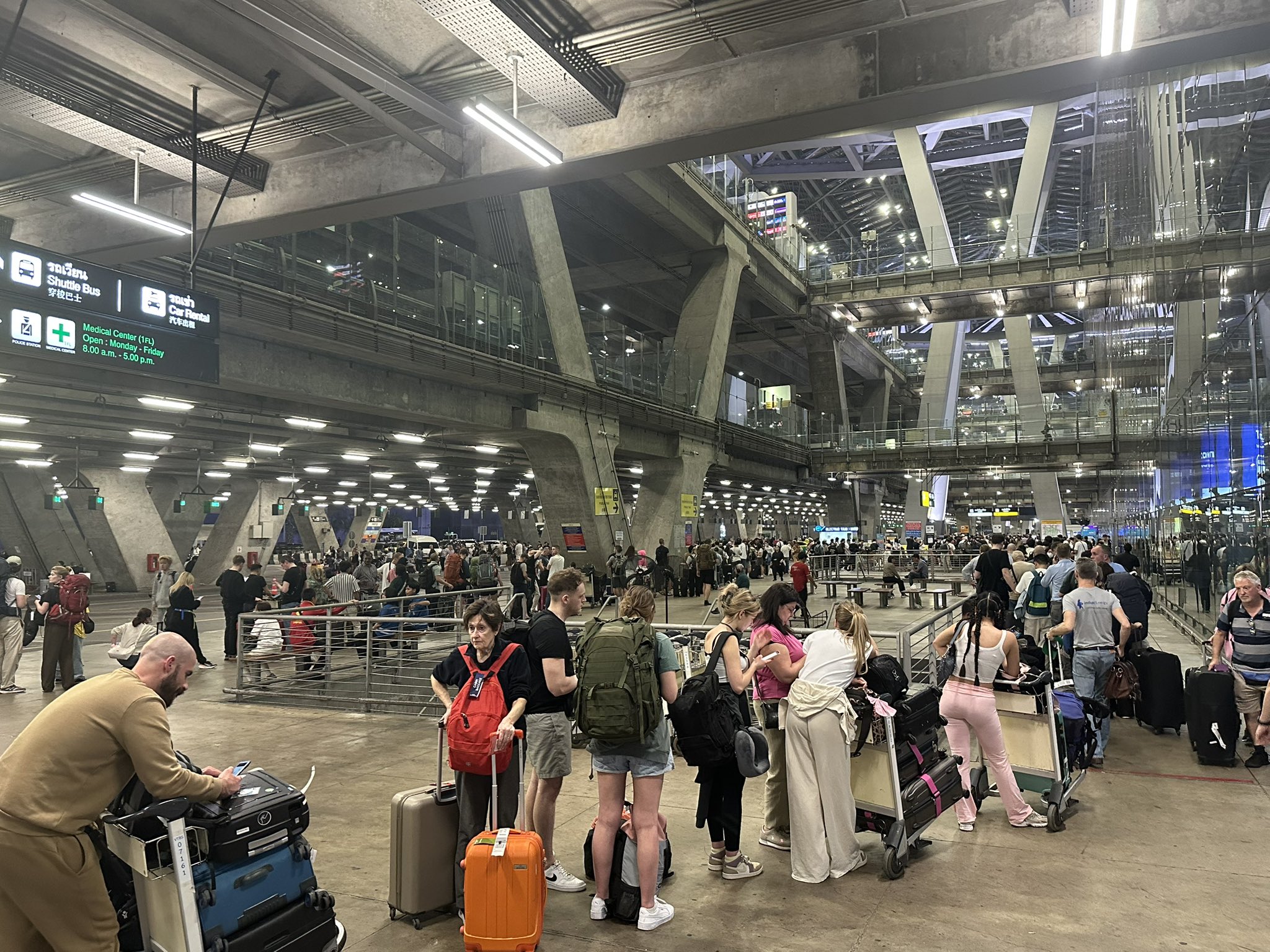
If you do not have a smartphone or access to the internet, Thailand’s international airports will provide dedicated computer terminals where travelers can fill out the TDAC upon arrival. However, completing the form in advance is still highly recommended to save time and avoid long queues at the airport.
Here are some essential points to remember:
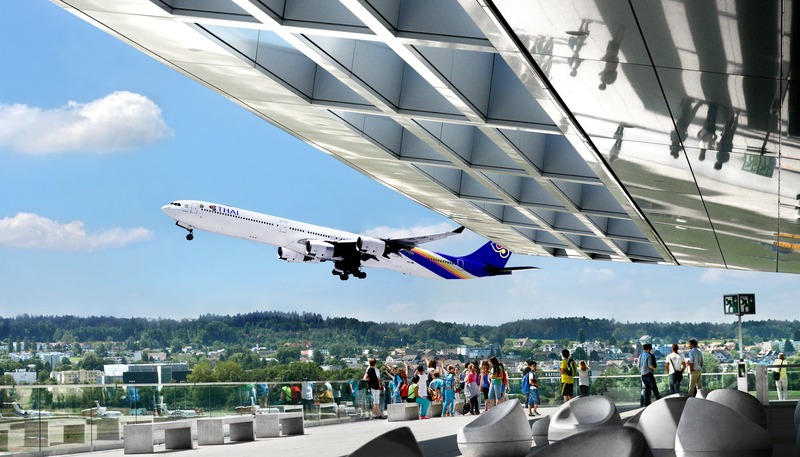
The introduction of the TDAC is part of Thailand’s broader efforts to modernize its immigration system. The goals include:
This initiative aligns with global trends in digitizing border entry systems, making travel more seamless and enjoyable for visitors.
In addition to the TDAC, travelers should be aware of updated regulations concerning liquids, gels, and aerosols (LGAs) in hand luggage. These rules are in line with international aviation standards and include:
The new Thailand Digital Arrival Card represents a significant advancement in the country’s immigration process, aiming to provide a more efficient and traveler-friendly experience.

To ensure a hassle-free start to your adventure in the "Land of Smiles," remember to complete your TDAC well in advance, keep your confirmation accessible, and get ready to explore the rich culture, breathtaking landscapes, and warm hospitality that Thailand is renowned for. With these preparations, you can look forward to a smooth entry and an unforgettable travel experience!

Turkey has taken a significant step to boost its tourism industry and strengthen international relations by introducing a visa-free entry policy for citizens of the United States, Canada, Bahrain, Oman, Saudi Arabia, and the United Arab Emirates.
This policy, which came into effect on December 23, 2023, allows citizens of these countries to travel to Turkey without obtaining a visa beforehand. Instead, they can simply present their valid passports upon arrival and stay in Turkey for up to 90 days within any 180-day period for purposes such as tourism or business.
Background and Motivation:
The Turkish government’s decision is part of a broader strategy to attract more international visitors and revitalize the country’s tourism sector, which is a vital part of the Turkish economy. In recent years, the tourism industry in Turkey suffered setbacks due to the COVID-19 pandemic and regional instability.
By removing visa requirements for these six countries, Turkey hopes to make travel easier and more appealing, especially for visitors from North America and the Gulf region, who are known for their significant spending power.
How the Policy Works:
Expected Impact:
Turkish officials and tourism experts expect this move to result in a noticeable increase in visitor numbers, particularly from the Gulf countries, where there is already a strong interest in Turkish culture, shopping, and real estate. The United States and Canada are also seen as important markets with potential for growth.
The policy is expected to benefit Turkish airlines, hotels, restaurants, and local businesses, especially in popular tourist destinations like Istanbul, Antalya, Cappadocia, and the Aegean coast.
International Relations:
In addition to economic benefits, the visa-free policy is also intended to strengthen diplomatic and cultural ties between Turkey and the six countries. By making it easier for citizens to visit, Turkey aims to foster greater people-to-people contact, business cooperation, and mutual understanding.
Reactions:
The announcement has been welcomed by travel agencies, airlines, and business groups, who believe it will make Turkey a more competitive and attractive destination in the region. Travelers from the affected countries have also expressed enthusiasm, as the new policy eliminates the hassle and cost of applying for a visa.
Turkey’s decision to grant visa-free entry to citizens of these six countries is a strategic move aimed at revitalizing tourism, boosting the economy, and enhancing international relations. The policy is expected to bring more visitors, create new business opportunities, and further establish Turkey as a leading travel destination.